Home to high-flying influencers, Instagram is now embracing tier-2 creators who want to make moolah and enjoy a shot at Bollywood
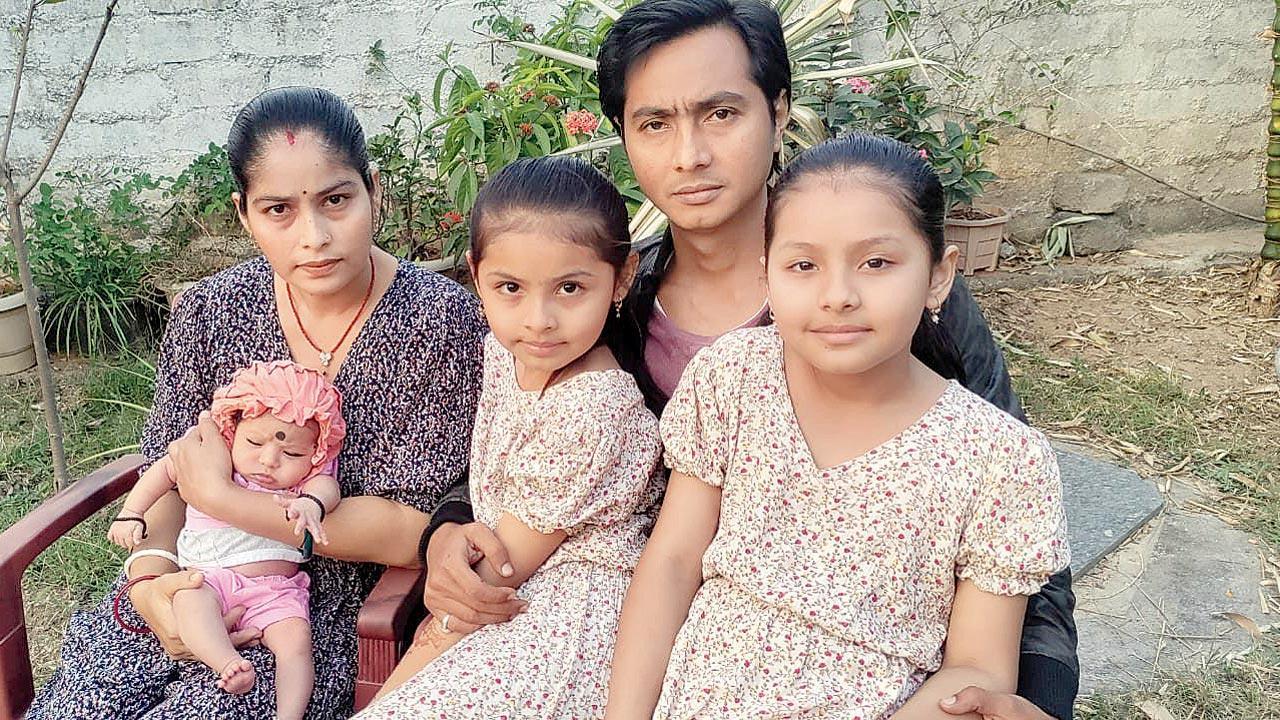
Ramesh Bhandari, who hails from Bollapur near Hyderabad, just wants to use Instagram to earn revenue that will fund his daughters’ education
Sonali Bhende has set many goals for herself—she wants to act, and become a top-notch make-up and mehendi artist. “But that can’t just happen on its own, you have to make it possible. And, so for now, I make reels,” says the 27-year-old from Kolhapur. Bhende is a semi-urban, regional influencer trying to use the Instagram algorithm to her advantage. It started off on the more massy and democratic TikTok, before she moved to the high-brow Instagram, when the Indian government shut down the former short format video hosting service in June 2020.
Bhende, who has 37,000 followers on Instagram, is a Gujarati born in Mumbai. Her mother was a mehendi artist, while her father did odd jobs. She remembers accompanying her mother to Juhu Chowpatty and peddling mehendi stamps or printing blocks, dipped in henna, to foreigners. That’s how she learned to speak English, she says. “I have only studied till Class VIII. But when I used to meet these foreigners on the beach, I’d pick up words, or ask them to teach me sentences in English,” says the enterprising woman. Getting married and shifting to Kolhapur with her businessman husband, who makes garam masalas for a living, didn’t kill her creative spirit. “I have always loved acting and enjoy listening to music,” says Bhende, whose reels have her lip-syncing to English music, while she shows off her mehendi, and sarees draped in Gujarati style. Her plan is to keep doing what is working till she hits gold and gets an acting gig: “I have shot [a reel] for Netflix as well, but they haven’t released it yet. Sometimes people don’t believe that I have done that!”
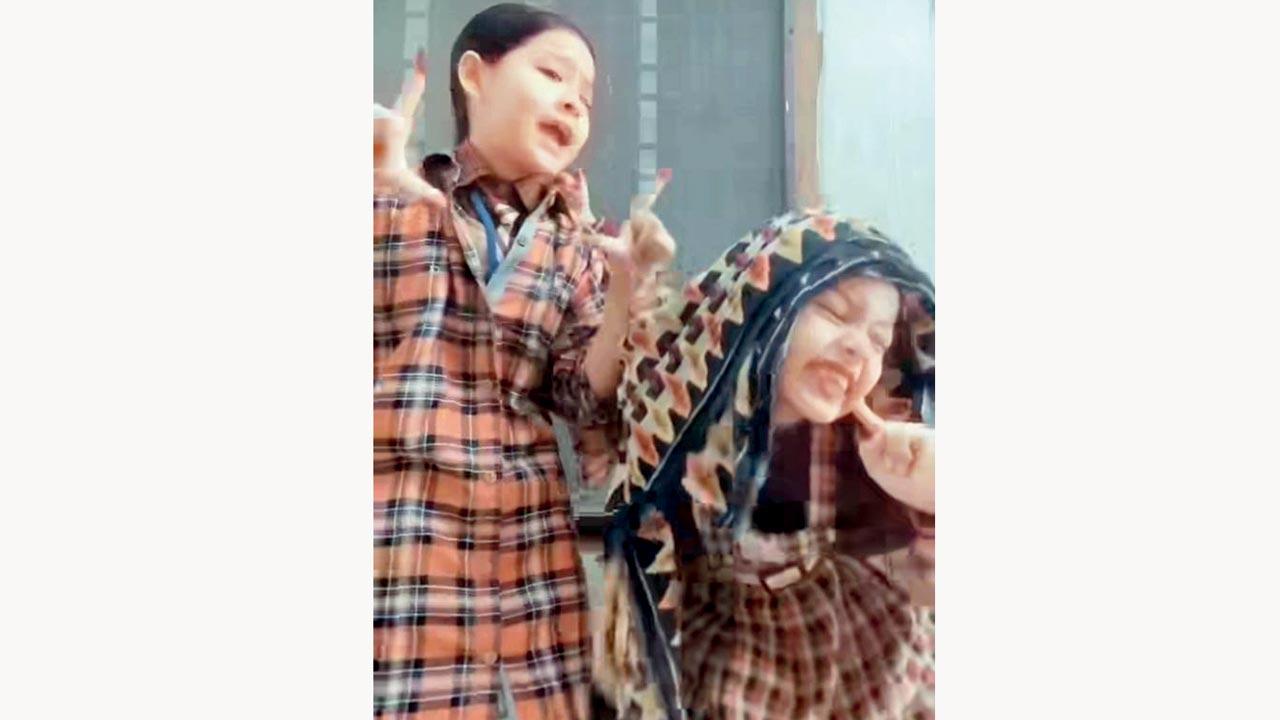 Indira and Kanyaka Bhandari, who make acting reels on old Hindi music and movie dialogues
Indira and Kanyaka Bhandari, who make acting reels on old Hindi music and movie dialogues
Creators like Bhende who live in small towns, and show off “real India” are slowly, but steadily finding an audience on Instagram, otherwise known to be the platform for influencers who wine and dine fabulously. They are being referred to as “Bharat social media influencers”. When we reached out to Instagram, Paras Sharma, Director, Content and Community Partnerships, Meta, said, “Instagram is where both India and Bharat come to play—to express, create, innovate and to get entertained. Our programmes are aimed at educating and enabling hundreds of thousands of aspiring creators. Our Born on Instagram programme, runs in seven different languages and covers more than 2,20,000 creators across India of which more than 50 per cent are from smaller towns. It is aimed at making education free and accessible to all.”
Even brands are targeting these new icons to market their products to tier-2 and 3 cities, and villages. A recent report by ShareChat comparing Indians who prefer consuming content in English (India users) versus regional languages (Bharat users), found that the latter are more open to expressing themselves online. Bharat is increasingly shopping online with 46 per cent buying gadgets in 2021, said the report titled, The Neo India Report. YouTube said that more than 20 million people in India streamed YouTube on their TV screens in May 2021—up by 45 per cent year-on-year. The Google-owned platform also highlighted that a growing number of YouTube viewers prefer watching content in languages like Hindi, Tamil and Telugu.
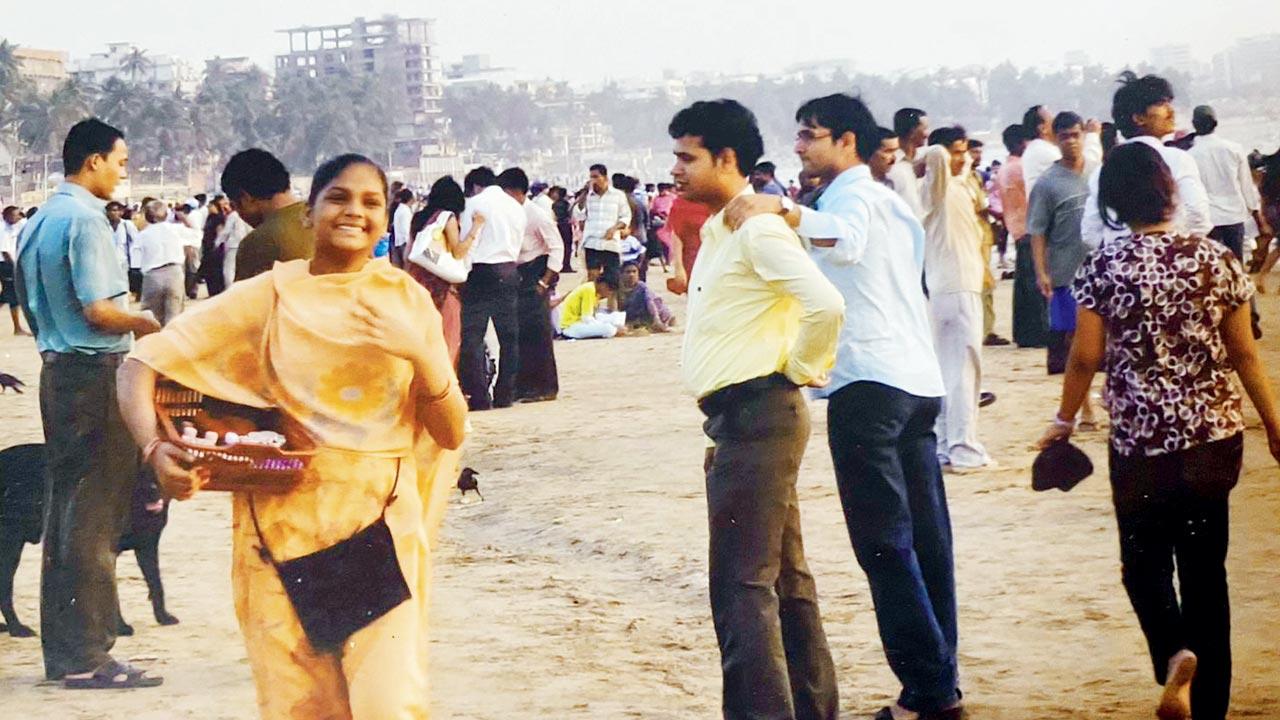 Bhende would apply mehendi to foreigners on Juhu beach when she was a teenager. They often taught her English in return
Bhende would apply mehendi to foreigners on Juhu beach when she was a teenager. They often taught her English in return
Ramesh Bhandari, who lives on the outskirts of Hyderabad, in a village called Bollaram. Bhandari, who runs the handle @Indira.bhandari.779205, just wants fame that will get in enough money to make sure his daughters receive an education. On his account, which has 3,29,000 followers, he posts reels of his daughters Kanyaka, 8, and Indira, 9, lip-syncing to classic Bollywood songs, and dialogues. The girls are animated and act out every emotion. Bhandari had an accident last year and has been unable to work, and gets around by renting out the store in front of his home facing the highway, where he and his family live. “We started making content last year when the girls were home, and in the last two months, it has gained traction,” says Bhandari, who conceptualises the videos that he says his daughters learn in two minutes, adding, “There have been offers for web shows, but for now we just want them to complete their studies. If they can do a few collaborations or earn through ads on the social media app, we can pay for their education through that. But we are wary of these offers as we don’t know who is out to dupe us. They don’t even know they are this famous—we want them to remain innocent.”
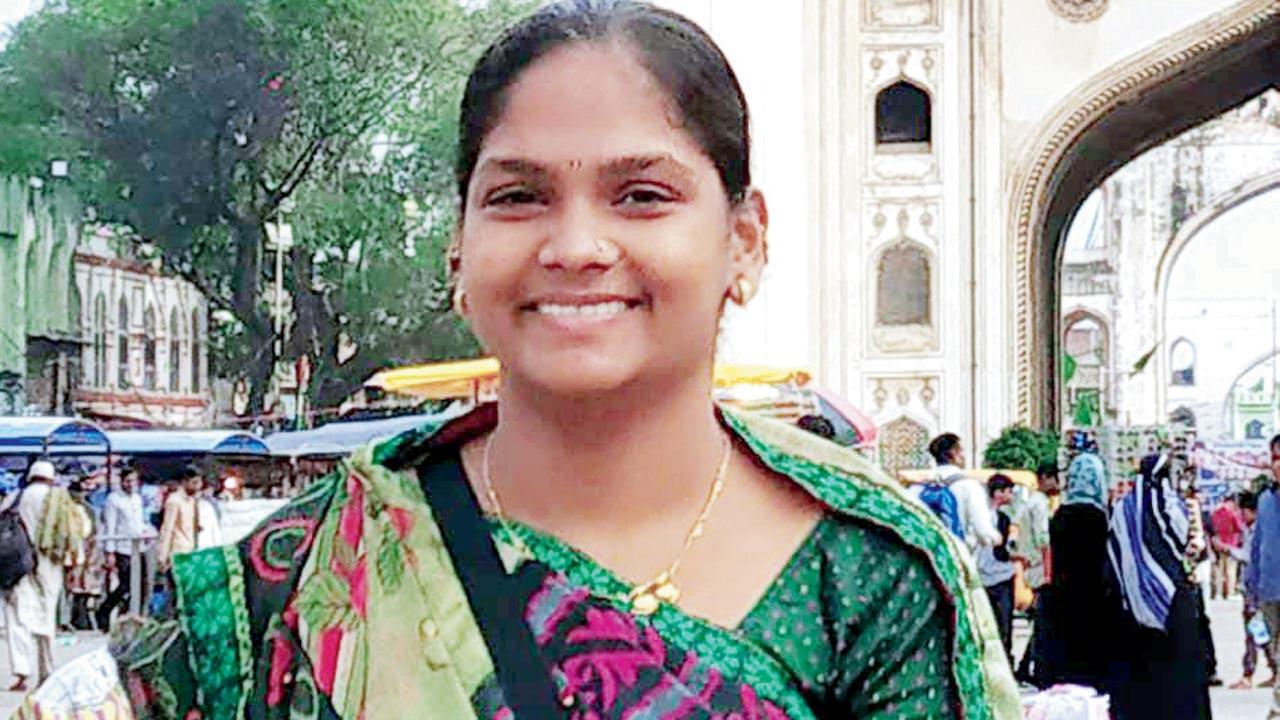 Kohlapur’s Shonali Bhende wants to be an actor and make-up artist. She has 37,000 followers on Instagram
Kohlapur’s Shonali Bhende wants to be an actor and make-up artist. She has 37,000 followers on Instagram
Talent managers say that democratisation of content has created a level-playing field. According to Viraj Sheth, CEO of Monk-E Entertainment, this has happened because of platforms like Instagram, and the fact that India has the lowest data rate in the world—this makes it easy for regional creators to join the party. “We have definitely seen a rise of creators from tier-2 like Bihari Ladka who comes from a small town in Bihar and has 1.6 million followers. Unfortunately, most of these creators don’t have the right guidance and are led astray by agencies.”
For example, Sheth says, a creator with a million followers could get paid around Rs 1 lakh a reel. “But a lot of agencies may tell them that they can only pay R50,000, and they will accept it, because it’s a lot of money for them.”
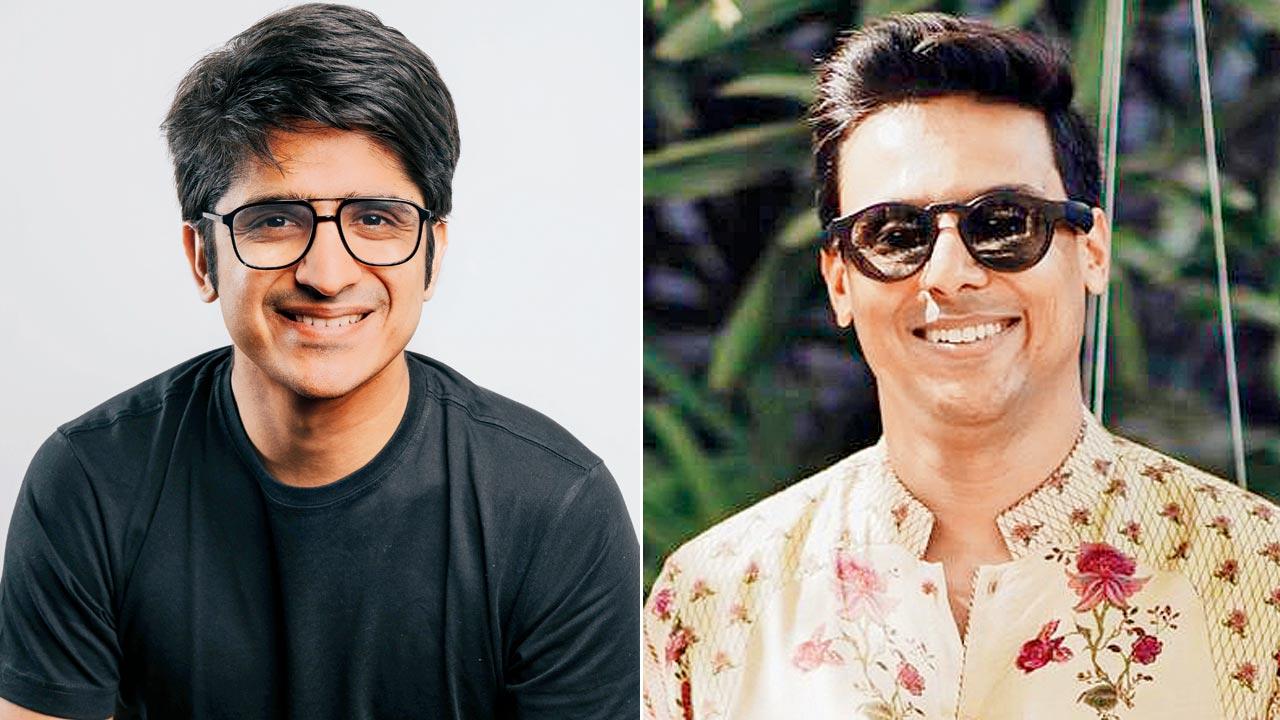 Viraj Sheth and Ayush Guha
Viraj Sheth and Ayush Guha
Ayush Guha, who is head development and strategy at influencer management company Hypp, says that tier-2 creators are a breath of fresh air. “They also have a unique take on how to align with the world and still have their own voice. Maybe monetisation may be a problem, as their target audience may not have the buying power. But it’s growing—people from cities like Saharanpur and Lucknow are soon going to become stars.”
 Subscribe today by clicking the link and stay updated with the latest news!" Click here!
Subscribe today by clicking the link and stay updated with the latest news!" Click here!










